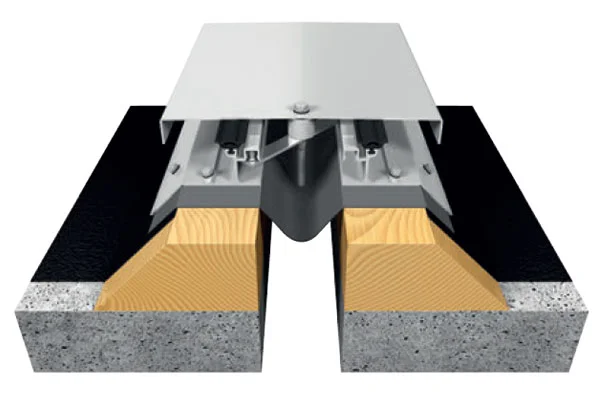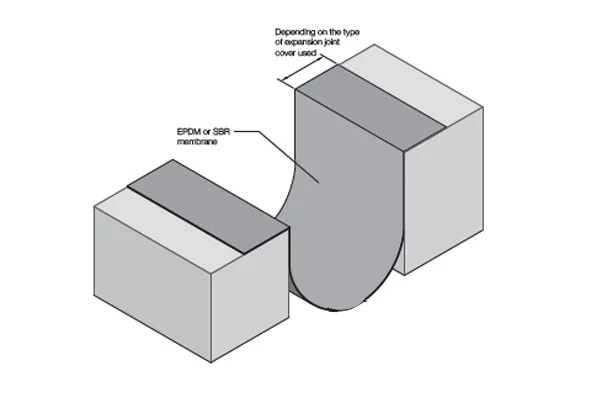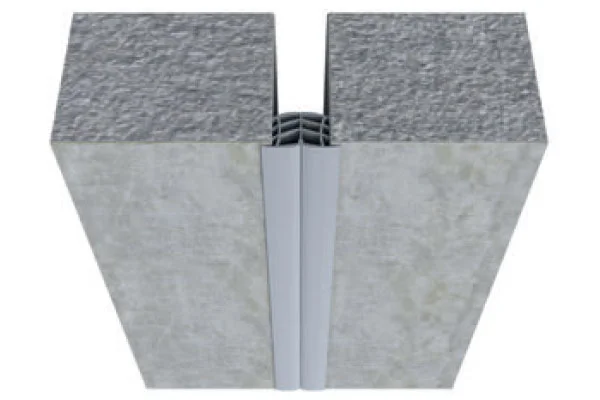
Warm, humid weather often makes basement odors more noticeable. But those musty, earthy, or even sour smells are sometimes more than just a nuisance. They can be a sign that something deeper may be going on in your home’s foundation or air quality systems. Understanding what causes these odors and how to eliminate them is the first step toward a healthier, fresher home.
Why Do Basements Smell Worse in Summer?
Summer brings higher humidity levels, and moisture is a major factor in causing basement odors. When warm, moist air enters a cool basement, condensation can form on walls, floors, and pipes. That moisture feeds mold, mildew, and bacteria, which can then create strong, unpleasant smells.
Basements also tend to have limited airflow, which means odors don’t have a chance to move through the home. Instead, they just linger in the basement. If your basement has hidden leaks, poor drainage, or outdated waterproofing, summer humidity will make the situation even more noticeable.
Concerned about basement odors, cracks, mold, or moisture?
We can help!
4 Common Causes of Basement Odors in the Summer
1. Mold or Mildew
Two of the most common causes of basement odors in the summer are mold and mildew. Mold produces microbial volatile organic compounds or mVOCs that produce a musty, earthy, or even a sweet smell.
Mold accumulates when basements get wet, which can happen in many ways. If you notice water seeping through cracks or up through the floors when it rains, this can start to cause mold growth. Or, the warm, humid air in the summer sits in the cool basement and condenses.
Many basements have a slight odor due to a lack of ventilation, but if you notice a strong odor or see visible signs of mold and mildew, it may be time for more investigation and treatment.
2. Rot
If you notice a sour or rotten smell, it can indicate that you have standing water in your basement, or there’s organic material that has become water-damaged, and it’s started to rot. This smell is generally stronger than that of mold or mildew, and it can be difficult to identify, especially if you have a lot of different items in your basement or you have a large basement with lots of hard-to-see corners and spaces.
3. Pests
Many wet, leaky, or very humid basements also have problems with pests. This can include bugs like ants, cockroaches, or spiders, as well as small mammals like mice or rats, among other things. Pests are often drawn to moist or humid environments because it’s more comfortable for them to make their homes, or because they’re looking for water.
You might not smell basement pests until the problem gets serious. Different insects, like ants and cockroaches, can produce a variety of different smells, ranging from vinegar to soy sauce to olive oil and more, depending on the species and situation. These smells can arise from the insects dying, spraying chemicals when they’re threatened, and more.
Rodents, like mice and rats, will have a more noticeable smell. When the rats or mice die, usually in places that are out-of-reach, their bodies will start to rot and stink. Their urine and feces will also give off an unpleasant odor. If you start to notice strong, rotten or bathroom-like odors in unusual places around your home, pests may be the culprit.
4. Sewer Gas or Leaks
Sewer gas or sewer leaks can be the most unpleasant of all basement odors. All waste has to go somewhere, and we all know it doesn’t smell very good. Usually, this isn’t a problem, since the waste flows in one direction and a series of seals keeps the gases or sewer water from flowing back into the home. However, broken or worn-out pipes, caps, plugs or seals can cause sewage or sewer gas to escape, creating terrible odors.
If you notice strong waste odors, or odors resembling rotten eggs or a skunk, the culprit is probably a sewer leak or sewer gas. Stop running water or flushing toilets and try to identify where the leak might be. If you don’t notice any clear source, a broken P-trap or water trap might be allowing sewer gas into the home.
Eliminate Basement Odors
The first step in eliminating basement odors is to address the source. First, narrow down what the cause might be, and then determine where it’s coming from. Once you know what’s causing the odors, it will be easier to fix.
If the odors aren’t extreme, you might be able to address the problem yourself. For example, if you’re dealing with mold and the source isn’t yet widespread, you may be able to stop the mold odors with some basic cleaning. If you notice a small group of pests, a few traps might take care of the problem. However, if the problem is extreme, it’s time to call the professionals.
Long-Term Resolutions
Clearing the mold, removing the pests, and getting rid of the rot might not solve the problem long-term. Identifying sources of moisture and intrusion is the next step towards long-term resolution. When you stop excessive moisture from getting into your basement, you’ll also stop problems with mold, rot, pests, and more.
Get long-term solutions to stop moisture in your basement
Schedule an appointment with the experts >
Don’t Ignore That Smell—Fix It for Good
Summer basement odors may seem like a seasonal annoyance, but they’re often a red flag that something bigger is going on. Ignoring these smells can lead to mold growth, structural damage, or declining indoor air quality. Fortunately, with the right waterproofing strategies, ventilation, and moisture control, you can eliminate odors at the source and keep your basement fresh and usable year-round. If you’re ready to take the next step toward a cleaner, healthier basement, contact our team for a comprehensive assessment today.














